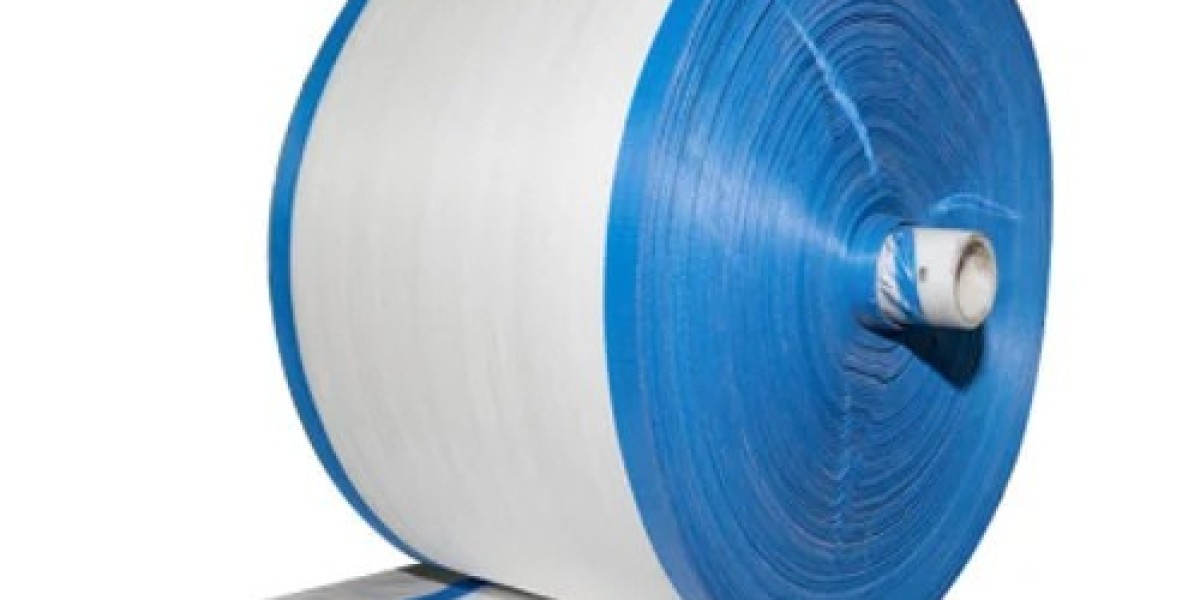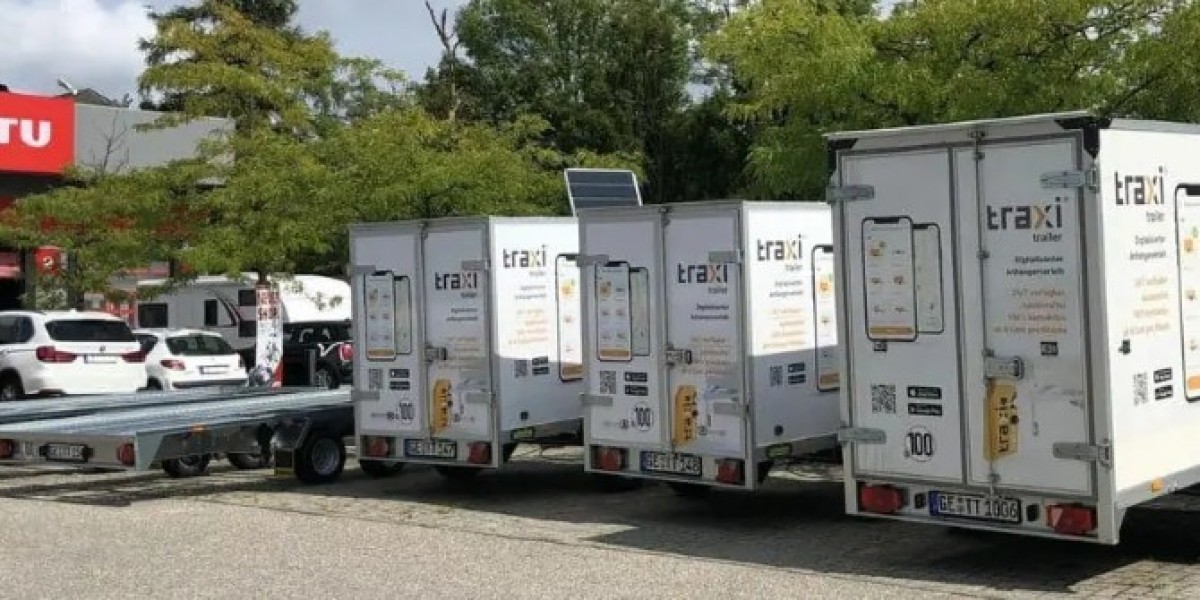In today's world, sustainability has become a crucial aspect of every industry, especially when it comes to packaging. As consumers and businesses alike become more aware of their environmental impact, there has been a significant push for eco-friendly alternatives in packaging. One such solution that has gained widespread attention is PP (Polypropylene) woven fabric. This versatile material not only offers an environmentally friendly option but also provides durability and cost-effectiveness, making it a popular choice for businesses around the globe.
What is PP Woven Fabric?
PP woven fabric is a type of fabric made from polypropylene, a thermoplastic polymer. The fabric is woven through a process that intertwines polypropylene threads to create a sturdy and durable material. The woven structure gives it a high tensile strength, making it suitable for a variety of applications, especially in the packaging industry. PP woven fabric is lightweight, resistant to moisture, and incredibly strong, which makes it an excellent option for packaging goods ranging from grains to industrial products.
Polypropylene is a highly versatile polymer that is not only lightweight but also resistant to chemicals, UV rays, and abrasion. This makes PP fabric manufacturer particularly well-suited for products that need to be transported or stored for long periods. Additionally, PP woven fabric can be recycled, which makes it an ideal choice for companies that are looking to reduce their carbon footprint.
Benefits of PP Woven Fabric in Sustainable Packaging
Eco-friendly: One of the main benefits of PP woven fabric is that it is recyclable, making it a sustainable option for packaging. Traditional packaging materials such as plastic bags or Styrofoam can take hundreds of years to decompose, whereas polypropylene can be reused and repurposed, reducing waste. As a result, businesses using PP woven fabric help lower their environmental impact.
Durability and Strength: PP woven fabric is known for its strength and durability. The woven structure allows it to handle heavy loads without tearing or breaking. This feature makes it a preferred choice for industries that need to transport goods in bulk, such as the agricultural, textile, and chemical industries.
Cost-Effective: PP woven fabric is a cost-effective solution for packaging. Its durability means that it can be used multiple times, offering long-term savings. Additionally, its lightweight nature reduces transportation costs, as it does not add unnecessary weight to shipments.
Moisture Resistant: PP woven fabric is resistant to moisture, which makes it ideal for packaging products that are sensitive to water or humidity, such as food grains, chemicals, or construction materials. This moisture resistance helps ensure that the products remain safe and dry during storage and transportation.
Customizable: PP woven fabric can be easily customized to meet specific packaging requirements. It can be produced in various thicknesses, sizes, and colors to match the needs of different industries. Companies can also print logos or other branding information on the fabric, making it an excellent choice for businesses looking to improve their product packaging.
Breathability: PP woven fabric is often designed with small holes or pores, which allow air to circulate. This feature is particularly useful for packaging agricultural products such as fruits, vegetables, and grains, as it helps prevent the buildup of moisture and the growth of mold or bacteria.
PP Woven Fabric in Various Industries
PP woven fabric's versatility makes it a preferred material in a wide range of industries. Below are some key sectors that benefit from using PP woven fabric for packaging:
Agriculture: PP woven bags are commonly used in the agricultural industry for packaging grains, rice, vegetables, and other produce. The breathability and moisture resistance of the fabric help maintain the quality of these products during storage and transit. PP woven bags are also ideal for packaging fertilizers, seeds, and other agricultural products.
Chemicals: The chemical industry relies heavily on PP woven fabric for packaging chemicals, fertilizers, and other hazardous materials. The fabric's resistance to chemicals ensures that the contents remain safe and secure during transport. Additionally, PP woven fabric is often coated with materials that offer additional protection from harmful substances.
Construction: PP woven fabric is used in the construction industry to package sand, cement, gravel, and other bulk materials. Its strength and resistance to wear and tear make it an ideal solution for handling heavy and rough products. Furthermore, the moisture-resistant properties of PP woven fabric help protect materials from damage during transportation.
Textiles and Retail: In the retail industry, PP woven fabric is used for packaging textiles, clothing, and other consumer goods. The fabric can be easily customized to feature branding elements, making it a popular choice for companies looking to enhance their packaging while maintaining an eco-friendly approach.
Food and Beverages: In the food industry, PP woven fabric is used for packaging dry food products like flour, sugar, and rice. The fabric's moisture resistance and durability help keep food products safe and intact, ensuring that they remain fresh until they reach the consumer.
Choosing the Right Woven Fabric Manufacturer
When looking for a PP woven fabric manufacturer, it's important to choose a supplier that offers high-quality products tailored to your specific packaging needs. Whether you are in the agriculture, chemical, or retail industry, finding a reliable PP fabric manufacturer is key to ensuring the success of your packaging solution.
A reputable PP woven fabric manufacturer will offer durable and sustainable products, meet your custom packaging requirements, and ensure that their materials are compliant with industry standards. If you're searching for a PP woven fabric manufacturer in India, you'll find a growing number of suppliers offering cost-effective and high-quality options, thanks to India's vast textile manufacturing infrastructure.
Working with a trusted PP fabric manufacturer ensures that you are receiving a product that will not only protect your goods but also contribute to your sustainability goals. Many manufacturers offer eco-friendly options and work with businesses to help them reduce their environmental footprint.
Conclusion
PP woven fabric is an excellent choice for businesses looking to make their packaging more sustainable without compromising on strength, durability, or cost-effectiveness. Its recyclable nature, strength, moisture resistance, and customizable features make it ideal for a variety of industries, from agriculture to construction. As companies continue to seek more sustainable packaging options, PP woven fabric stands out as a reliable and eco-friendly solution.
By choosing a reputable PP woven fabric manufacturer or a PP fabric manufacturer in India, you can ensure that your packaging is both environmentally responsible and cost-efficient, making it a win-win for your business and the planet.
Frequently Asked Questions (FAQs)
1. What makes PP woven fabric a sustainable choice for packaging?
PP woven fabric is sustainable because it is recyclable, durable, and reusable. Its strength and longevity reduce the need for frequent replacement, and its recyclability helps reduce waste. Additionally, it is a lightweight material, which reduces transportation costs and carbon emissions.
2. Can PP woven fabric be used for food packaging?
Yes, PP woven fabric is widely used in the food industry, especially for packaging dry goods such as rice, flour, and sugar. The fabric’s moisture resistance and strength help ensure the safety and freshness of food products during transportation and storage.
3. How does PP woven fabric compare to traditional plastic bags for packaging?
Unlike traditional plastic bags, which take hundreds of years to decompose, PP woven fabric is recyclable and can be reused multiple times. Additionally, it is stronger, more durable, and offers better protection for products, especially in heavy-duty applications.









